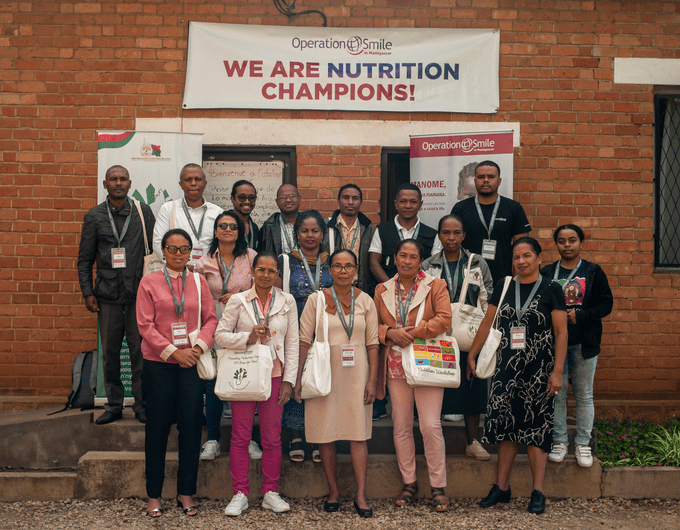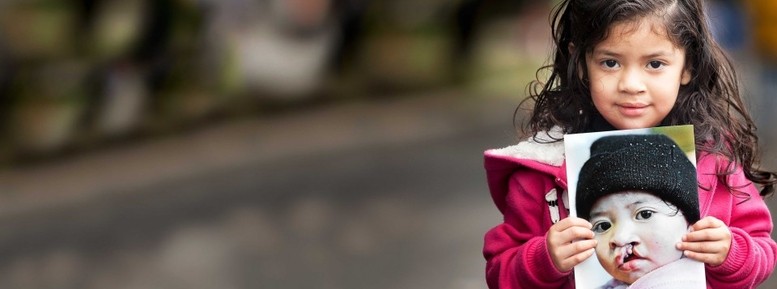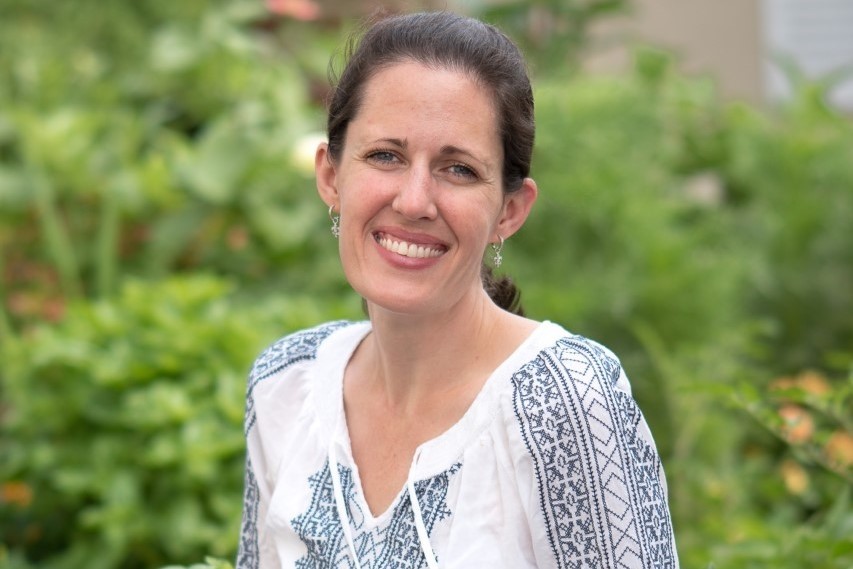
Our promise of improving health and dignity during the COVID-19 pandemic endures. Once again, we’re providing surgery and in-person care while taking stringent measures to keep families safe. Hope is on the horizon. And we remain focused on what cleft care makes possible for children, helping them to better breathe, eat, speak and live with confidence.
The simple act of handwashing is a routine part of daily life for many, but in many impoverished communities around the world, clean water and soap aren't available.
Lacking access to knowledge and resources surrounding hygiene is the reality for many families living in low-income countries. Today, in the midst of a global pandemic, proper sanitation and hygiene practices are vital to preventing illnesses, fighting against undernutrition and keeping people like our patients safe and healthy.
“Implementation of effective WASH (water, sanitation and hygiene) interventions is largely dependent upon the community needs and resources available,” said Operation Smile's nutrition consultant Emily LaRose. “There isn’t a single action that is suitable for all. We are working to meet families where they are and provide realistic and tangible solutions that they can readily implement.”
For children born with cleft conditions, specifically cleft palate, the threat of malnutrition, illness and infection becomes even more severe when safe WASH resources are difficult to access. This impacts a patient's chance of undergoing surgery, resulting in them continuing to live with an unrepaired cleft condition longer than they deserve.
In celebration of Global Handwashing Day, we recently connected with Emily to learn more about what Operation Smile does to help protect and educate families during nutrition workshops and the importance behind WASH initiatives that address handwashing, food safety and water preparation.
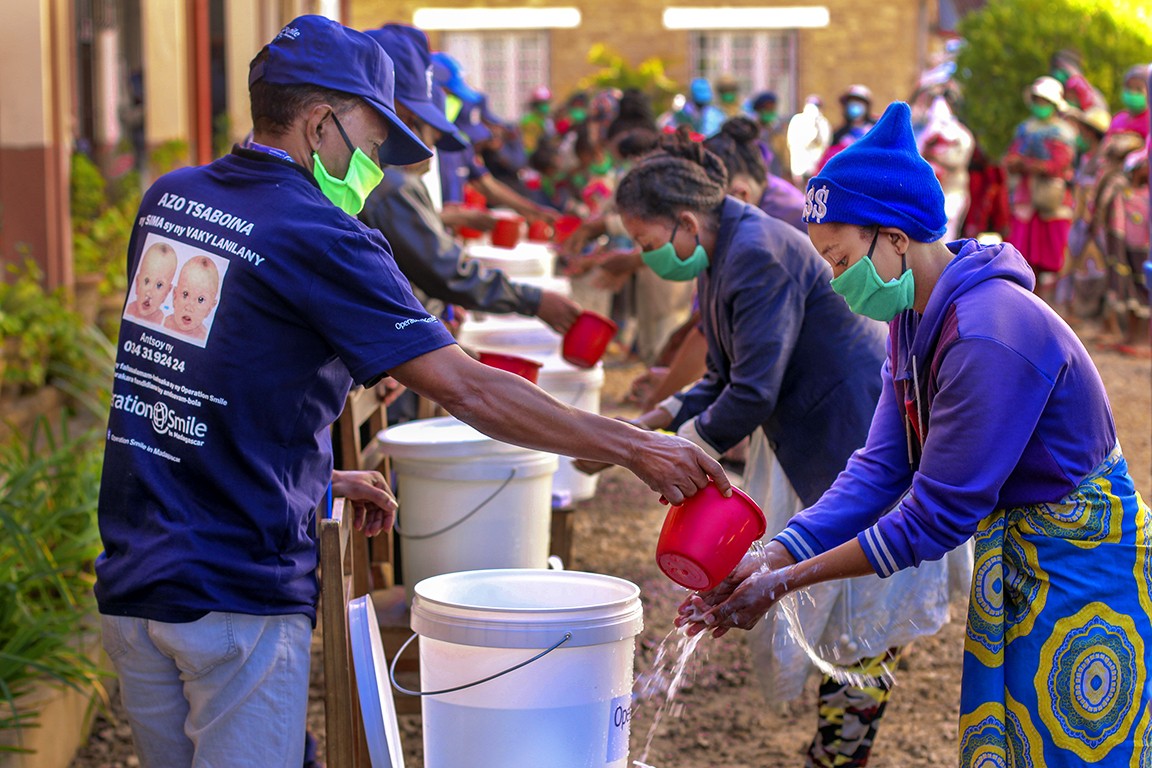
Q: We know that WASH and nutrition are directly connected. Can you help define the link between WASH and nutrition?
A: “Undernutrition affects millions of children around the world. While limited food availability and accessibility and poor feeding practices are known to negatively influence nutritional status, these are not the only factors that cause undernutrition. Unsafe drinking water and poor sanitation and hygiene, including inadequate handwashing, open defecation and foodborne illness, can result in diarrheal diseases and other infections. Those illnesses can lead to undernutrition because they can cause poor nutrient absorption, decreased oral intake and increased nutritional requirements.
“On the other hand, undernutrition impacts immune function, which increases individuals’ risk of illness, infection and, in some cases, death. While there are other complexities that contribute to undernutrition, the circular relationship between WASH and nutrition is super important to recognize. WASH is an integral part of preventing and treating undernutrition.”
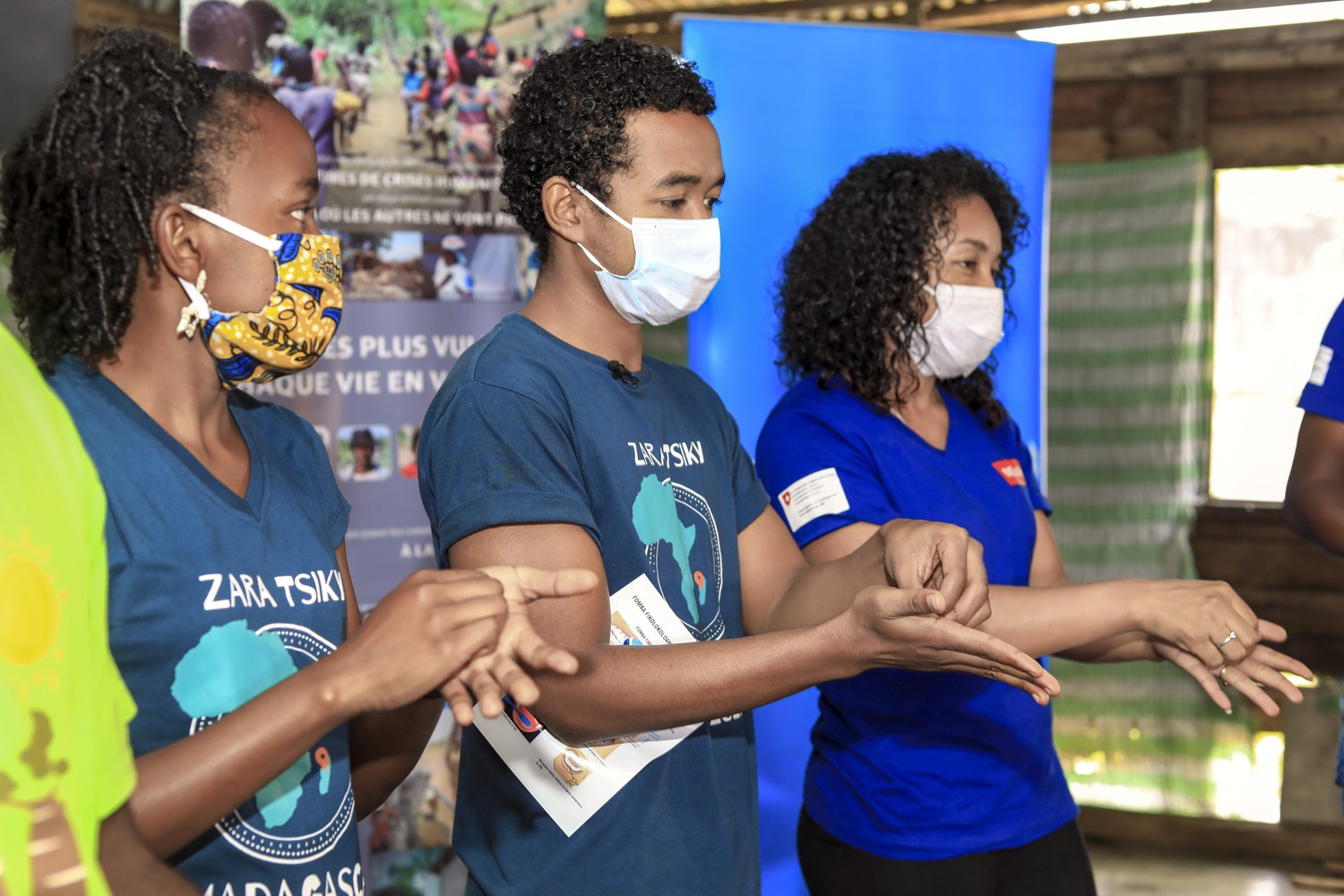
Q: One of the core components in Operation Smile’s nutrition program model is education workshops that promote social behavior change. One of the key topics of these workshops is WASH education. Can you explain the importance of providing WASH education to our patients and their caregivers living in low-income countries?
A: “Diarrhea is the top cause of malnutrition in children under 5 years old, and it’s considered to be largely preventable with safe drinking water and appropriate hygiene and sanitation. There are many possible WASH interventions. For our programs, integrating WASH into nutrition programming is the most feasible way to prevent diarrheal diseases and gastrointestinal illnesses while attempting to prevent and treat undernutrition in vulnerable communities.
“For example, we have heard a lot about the importance of handwashing in preventing illness during the COVID-19 pandemic, but handwashing should be part of our regular efforts to stay healthy. No matter where we live, we should all wash our hands when we go to the restroom, change a diaper, handle animals, prepare food and so on. Similarly, we should all be keeping raw eggs, poultry, meat and fish away from ready-to-eat foods like fruits, vegetables or prepared foods. We should also store foods at a safe temperature, cook meats and seafood thoroughly, and clean knives, cutting boards, countertops, and other equipment between uses. These actions prevent illnesses like salmonella, norovirus, E. coli, rotavirus and staph.
“However, in places where running water may be unavailable or unsafe or soap and cleaning supplies may be limited, we are also talking to families about boiling water to kill bacteria and other germs and instructing them on keeping food preparation areas clean and safe. We know that food and water safety impact nutritional status and overall health in major ways, and infants and young children are among those at high risk of infections and complications.”
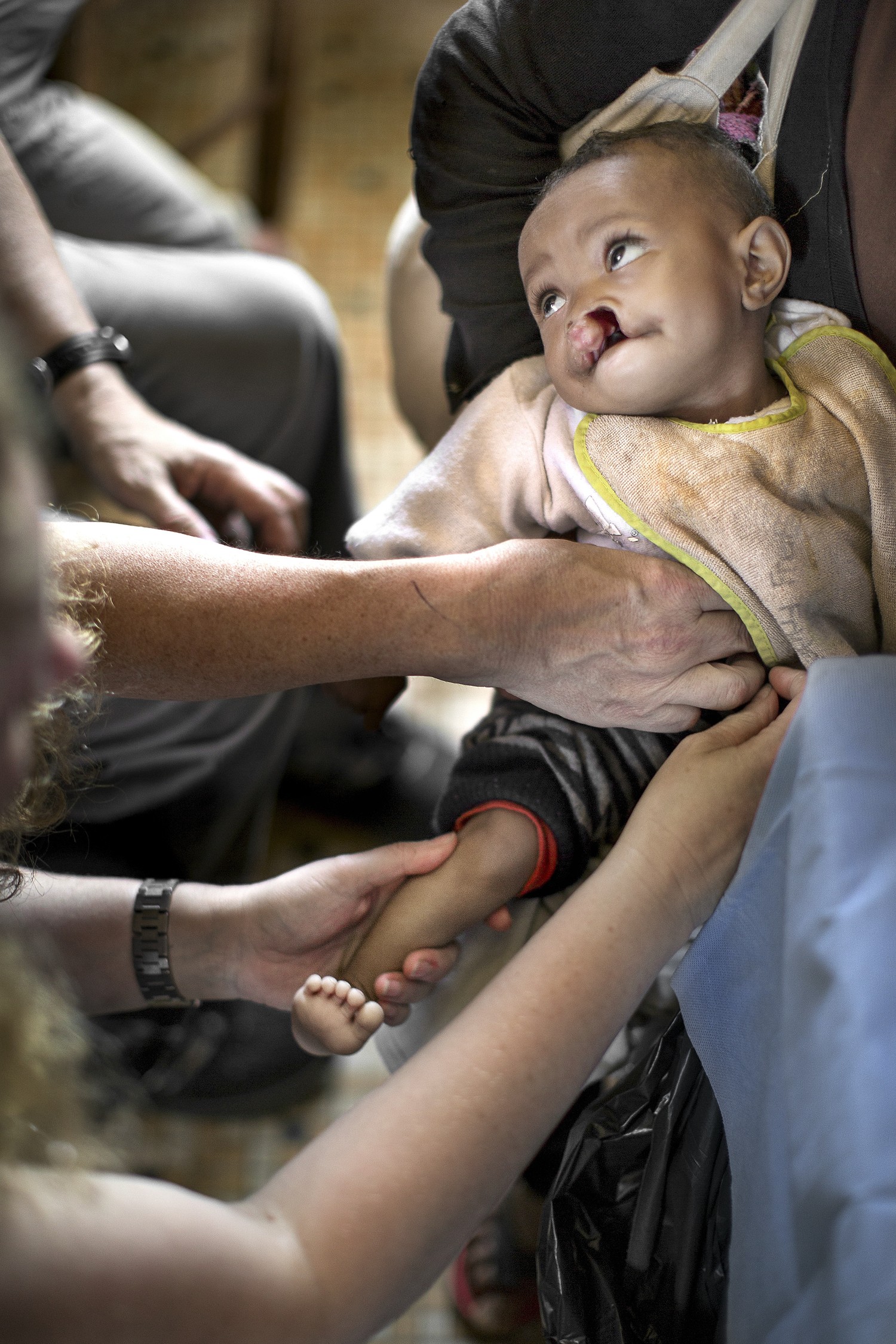
Q: Many of our patients suffering from malnourishment are between 0 and 6 months of age. Can you share some best practices around WASH for infants?
A: “The best way we can protect young infants from diarrhea and other gastrointestinal illnesses is to protect, promote and support exclusive breastfeeding and caregiver handwashing. Breast milk is ready to go, doesn’t require preparation and supports a healthy immune system. Young infants should not drink water, but caregivers sometimes give them water or prepared breast milk substitutes mixed with water. In areas with unsafe water, even a small amount of water dramatically increases the infant’s diarrheal infection risk.
“Because breastfeeding at the breast can be challenging for infants with cleft conditions, sometimes cup-, bottle- or spoon-feeding is needed. Handwashing and careful cleaning of infant feeding supplies are critical to keeping infants safe but can be difficult without access to safe water. In our programs and materials, we’re working to ensure that families are equipped to clean and sanitize infant feeding supplies to prevent food- or water-borne illnesses. In cases where breast milk is not available for an infant and an alternative feeding is needed, we provide families with guidance on water and breast milk substitute preparation to promote safe infant feeding.”
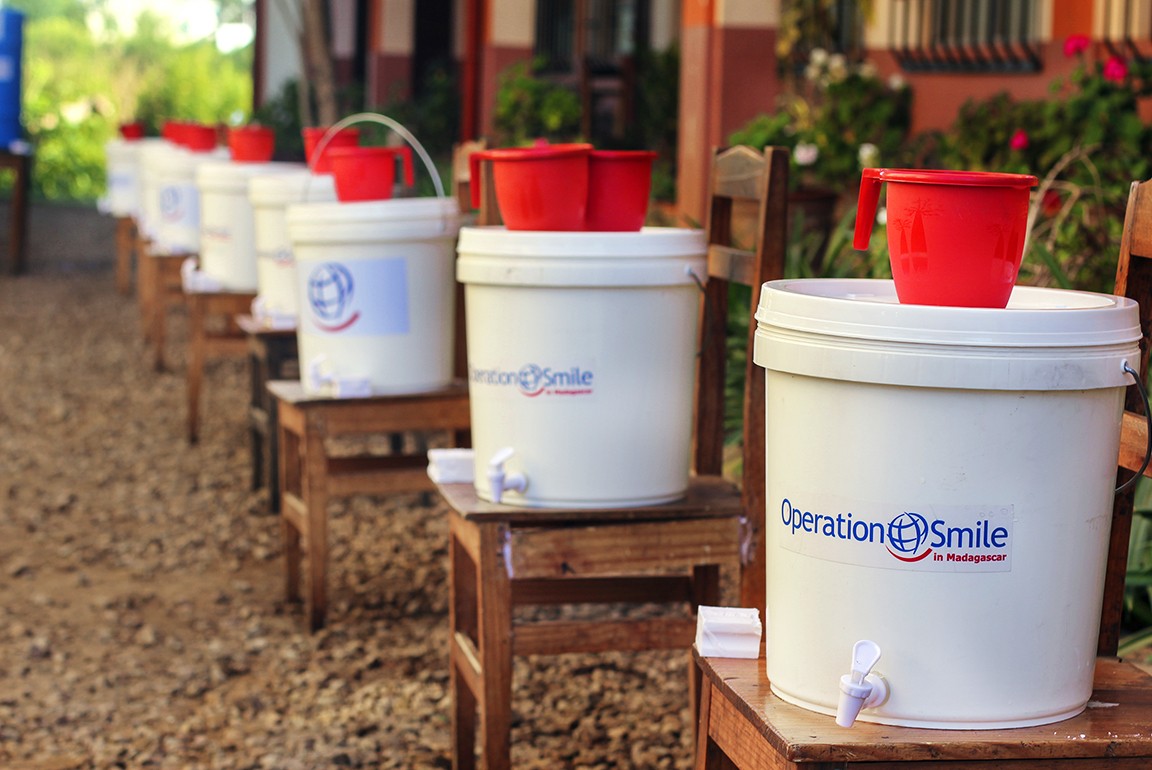
Q: In your opinion, what is the most effective WASH technique that can support optimal nutrition for our patients and their families?
A: “Implementation of effective WASH interventions is largely dependent upon the community needs, context and resources available – there isn’t a single action that is suitable for all, unfortunately. We are working to meet families where they are and provide realistic and tangible solutions that they can readily implement.
“Since we are not working at the WASH infrastructure level, our current WASH interventions primarily address the hygiene aspects of handwashing, food safety and water preparation. We lead education sessions, demonstrations and interactive activities to support caregivers and families in learning new skills to keep their families safe. Even though handwashing and cleaning interventions seem simple, some studies have found that introducing handwashing with soap and water into a community can decrease the incidence of diarrhea by nearly 50%!”
Q: Do you have a favorite way to teach WASH initiatives?
A: “It can be challenging for people to visualize microbes that they can’t see, so my favorite activities use paint to show how easily germs can spread from place to place and how much handwashing it takes to get our hands really clean. If you touch a bit of blue paint placed on a plate to represent juice from uncooked chicken, it’s interesting to see how it not only gets on your hands but also spreads to the counter, spoon, pot handle, dishcloth and other places. Even if the chicken gets fully cooked, each of these places is a possible point where bacteria can get onto our hands or contaminate other food and make us sick. Taking a moment to wash your hands after touching raw chicken or a contaminated plate, for example, makes a big difference in preventing foodborne illness.”
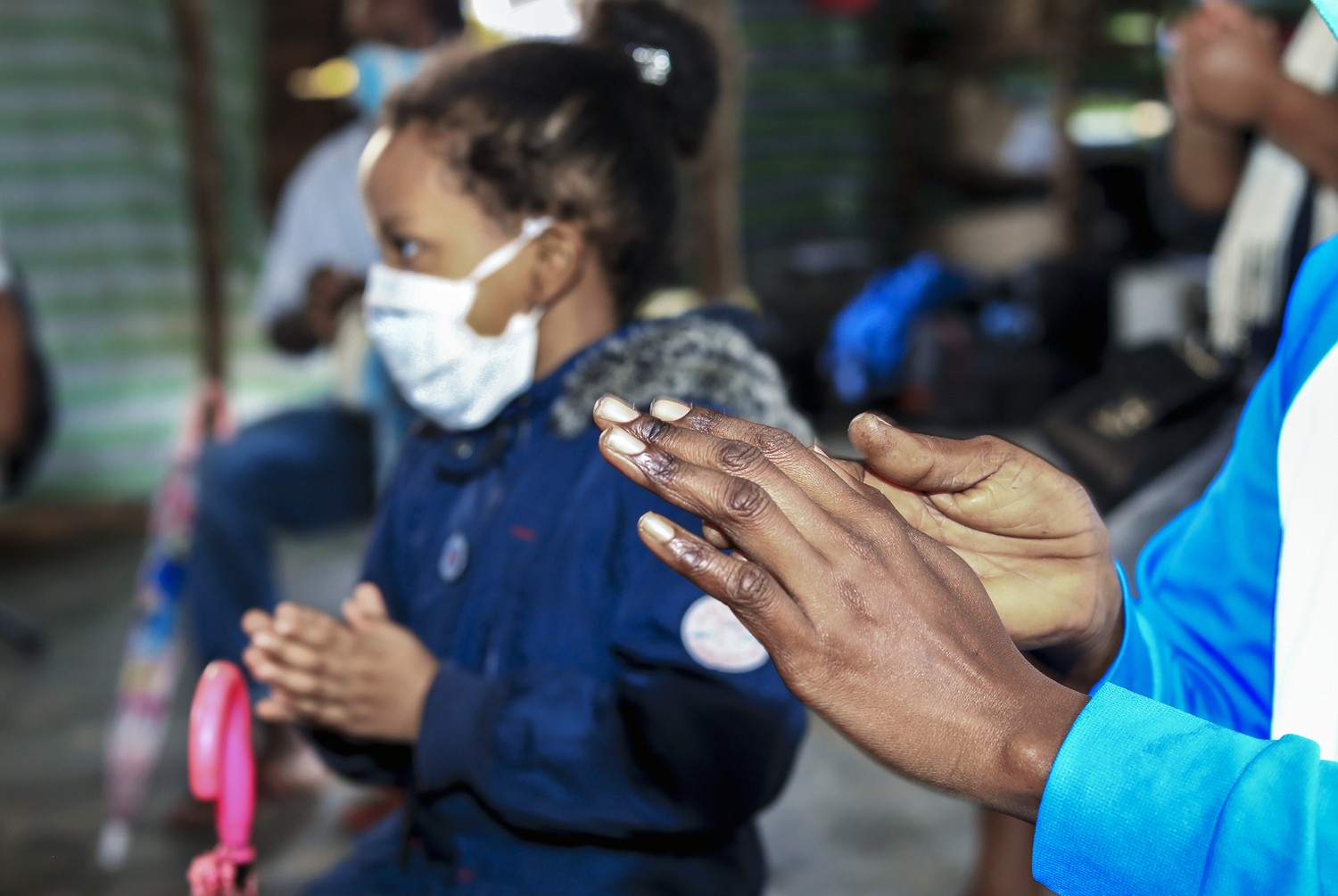
Latest Stories
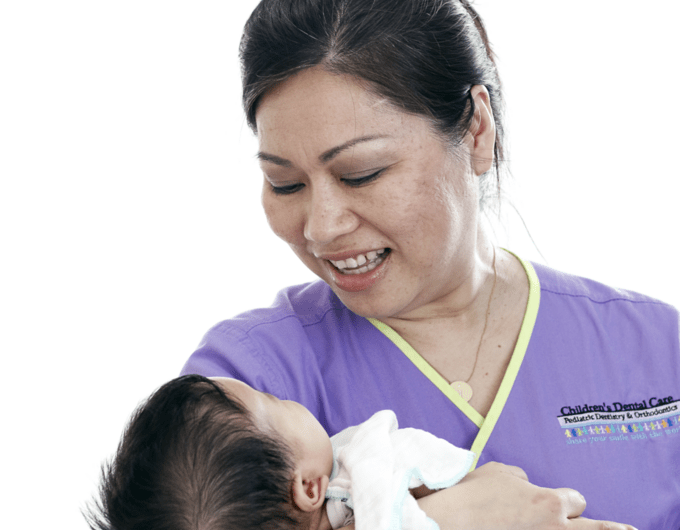
What's Your Reason?
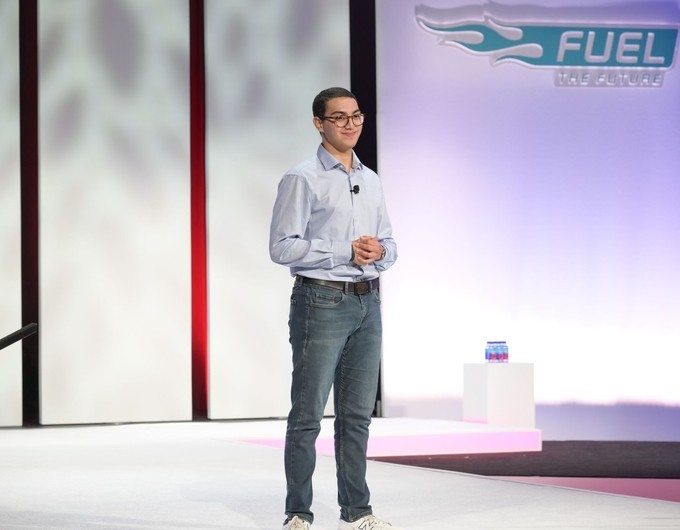
A Former Patient, Aymane Now Shares His Story
